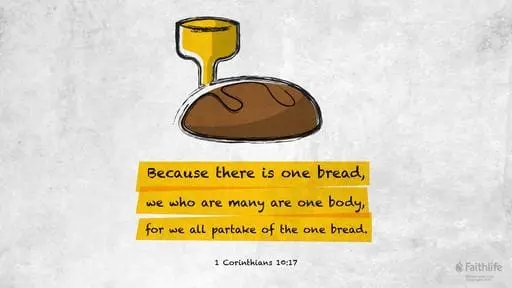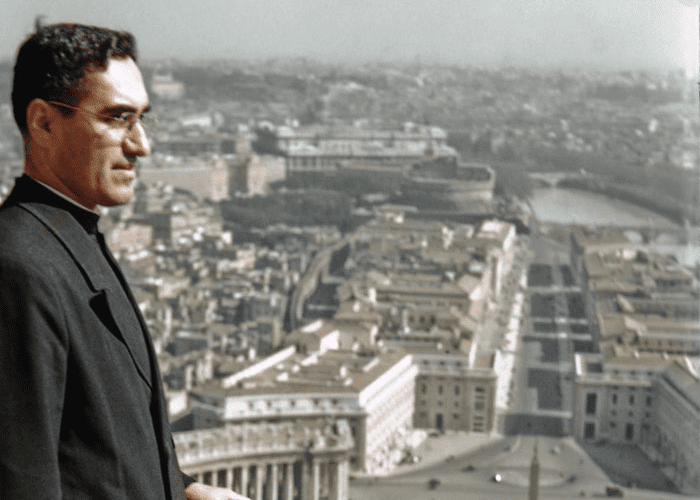
Exile Nineteen
As we enter yet another month of necessary, but uncomfortable, isolation, I wonder about the solidarity of our church communities.

As we enter yet another month of necessary, but uncomfortable, isolation, I wonder about the solidarity of our church communities.

In 1977, a quiet and traditional Roman Catholic priest named Oscar Romero was consecrated Archbishop of San Salvador. The country of El Salvador was in turmoil at the time, with leaders committing government-sanctioned murders. Initially, the government authorities considered Romero to be a safe bet for Archbishop, but their killings began to affect Romero deeply. He sympathized with the priests who were aligned with the poor people of the country. Many of his priests, and ultimately Romero himself, considered the Church to be among the people but surrounded by wolves.

There’s a scene in the classic 1962 film, To Kill a Mockingbird, when Atticus Finch, the defense attorney played by Gregory Peck, gets word that a mob is planning to storm the jail the night before the trial. The plan is to lynch Atticus’s client, a black falsely accused of lynching a white woman. Atticus Finch calmly takes a floor lamp from his living room, goes down to the jail, hauls a chair from the sheriff’s office out onto the porch of the jailhouse, and sets himself up there for the night.

The Church is in turbulence; this is not news to anybody. Its turbulence is more acute now that we are separated by a quarantine. Maybe the following will help. It is by an anonymous author and appeared in the “Church Times” (England) about twenty-five years ago.

When I was young, I would go to my grandmother’s house and eat the grapes growing in her backyard. Of course, most of the time, they were not ripe and very, very sour. I could never quite figure out that they were only good to eat in the fall, so, all summer I would try every time I was there to see if they were ripe yet, and they usually weren’t.